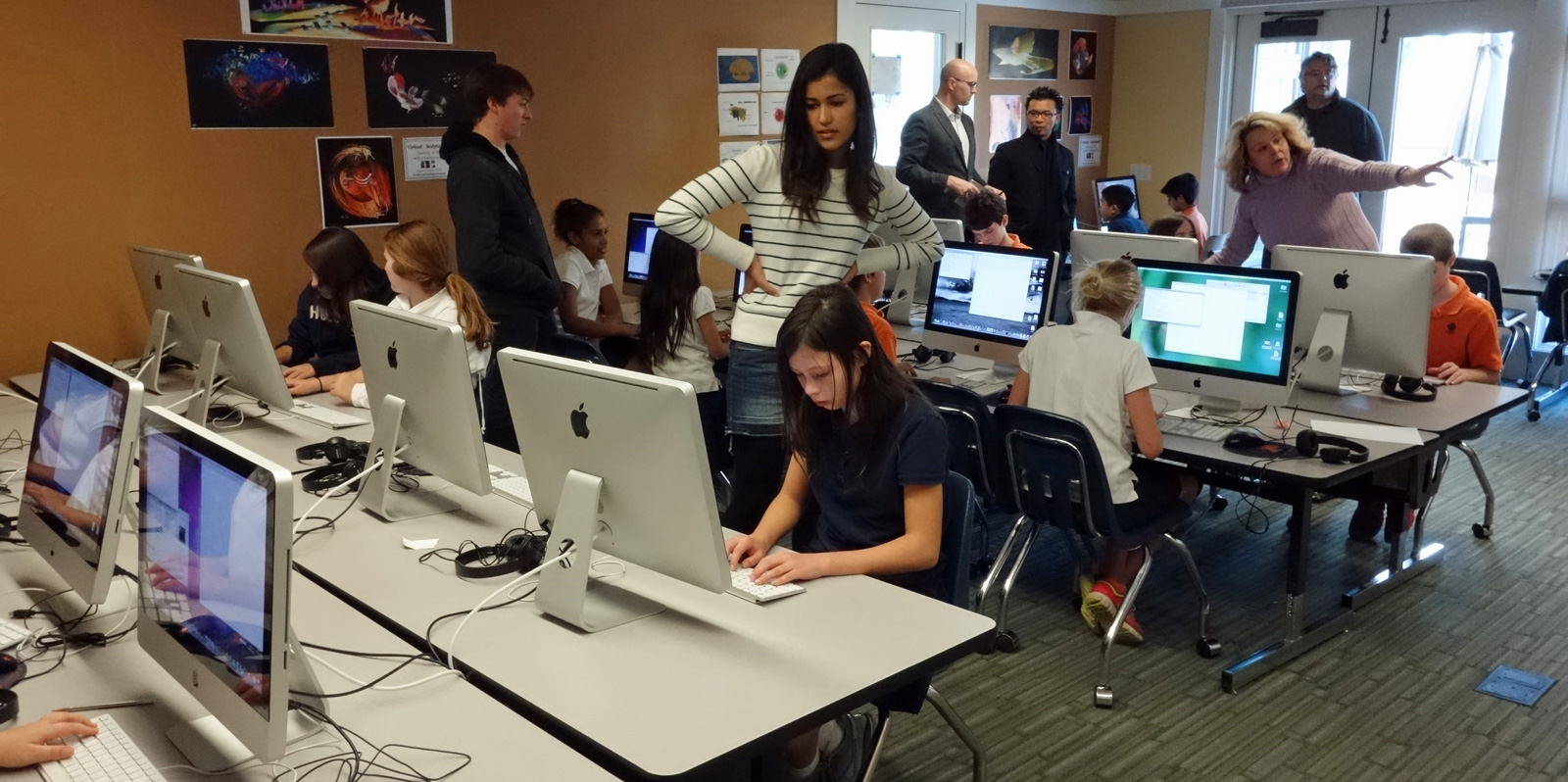Computer Science in Schools
by Richard White
2013-12-26
Happy Holidays everybody!
The holidays are no time to get any rest. Oh, no, there’s too much going on–parties, holiday shopping, out-of-town visitors–to actually get any down time. No, to actually get a chance to relax, you have to resort to more drastic measures… like getting sick.
That’s my genius plan, and it’s working just great.
While I’m sitting around waiting for my body’s defense mechanisms to do their thing, I’ll just include a quick year-end pointer here to one of Audrey Watters’s year-end Trend posts, this one on Computer Science in schools:
Despite the proliferation of these learn-to-code efforts, computer science is still not taught in the vast majority of K–12 schools, making home, college, after-school programs, and/or libraries places where students are more likely to be first exposed to the field.
There are many barriers to expanding CS education, least of which is that the curriculum is already pretty damn full. If we add more computer science, do we cut something else out? Or is CS simply another elective? To address this particular issue, the state of Washington did pass a bill this year that makes CS classes count as a math or science requirement towards high school graduation. Should computer science – specifically computer science – be required to graduate? In a Google Hangout in February, President Obama said that that “made sense.” In the UK, computing became part of the national curriculum.
She has a bit more to say on the subject, but her thoughts echo many of my own. Does everyone really need to “Learn to Code”? How important is Computer Science in the midst of an already bulging academic curriculum? How can educators and the tech industry best reach out inclusively to students on behalf of an industry that is not only famously non-inclusive, but downright hostile to some demographics?
It’s a problem that merits discussion at all levels, and there are certainly institutional responses that might be pursued. As I expand my role as a computer science educator I may even become involved in some of those—that’s certainly my intention.
In the meantime, I consider myself on the ground doing the front-line work without which nothing else matters. “For this assignment, students, we’re going to…”
“Oh, cool…!”
If you’re not doing something cool with your computer science, well… what’s the point, really? ;)
Merry Christmas and Happy Holidays, everybody. See you in the New Year!
